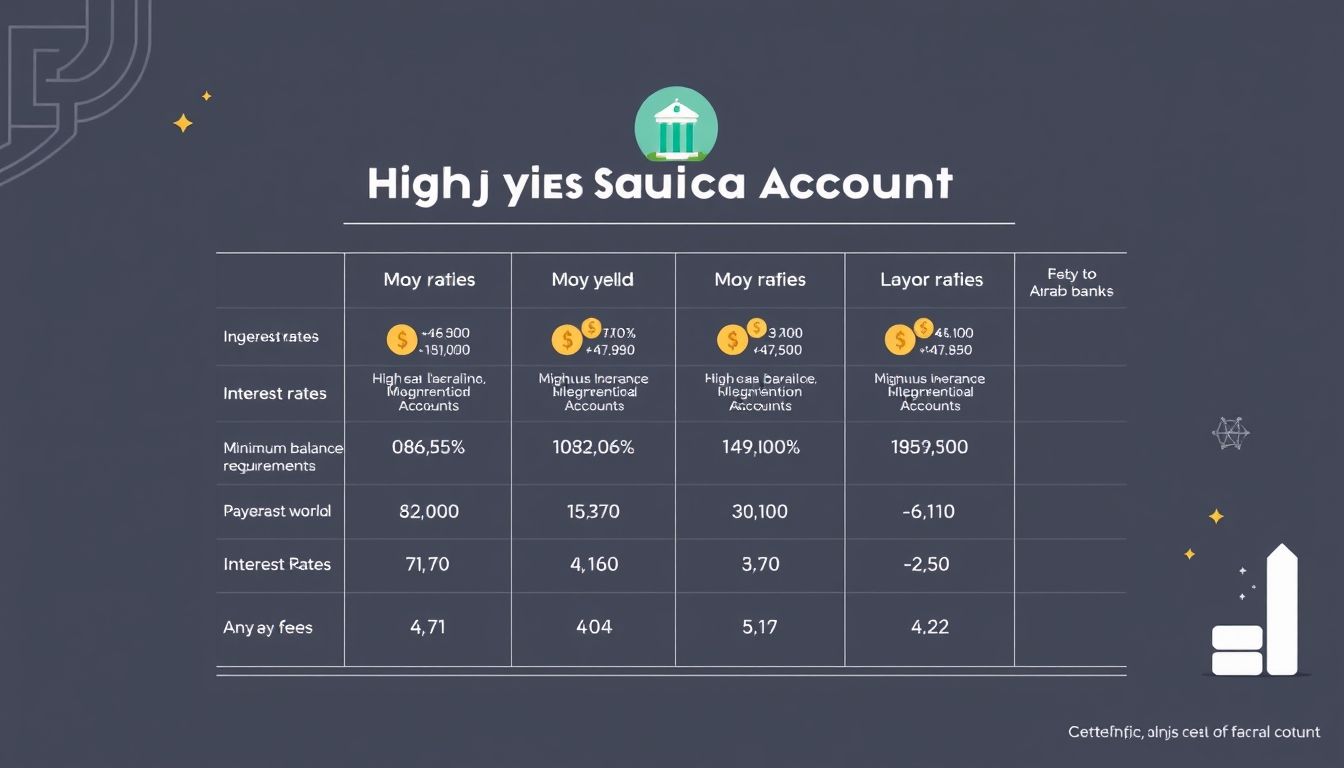Introduction: Smart Saving, Your Path to Financial Freedom
In today's world, where financial pressures are increasing, the art of smart saving becomes an essential necessity to achieve financial stability and live comfortably. It's not about blindly cutting spending, but about managing your resources wisely and efficiently to get the most out of them without compromising your quality of life. This article will explore practical and innovative strategies to reduce monthly expenses, focusing on balancing saving and enjoying life.
Chapter 1: Analyzing Your Personal Budget: The Starting Point for Saving
The first step towards smart saving is understanding your current financial situation. Conduct a thorough analysis of your personal budget to identify your sources of income and expenses. Use a spreadsheet or budget app to record all expenses, even the small ones. Categorize expenses into major categories such as housing, food, transportation, entertainment, and debt. This analysis will help you identify areas where you can reduce spending.
Practical Tips for Budget Analysis:
- Use Expense Management Apps: These apps help track and categorize expenses automatically.
- Review Your Bank and Credit Card Statements: Look for unnecessary or recurring expenses.
- Set Aside Weekly Time to Review Your Budget: Make sure you are on track to achieve your financial goals.
Chapter 2: Reducing Housing Costs: Innovative Solutions to Save Money
Housing costs are one of the largest monthly expenses for most people. There are several ways to reduce these costs without moving to a smaller or less comfortable place:
Options to Reduce Housing Costs:
- Renegotiate Rent: Talk to your landlord and try to negotiate a lower rent.
- Share Housing: If you live alone, consider sharing housing with someone else to split rent and other expenses.
- Conserve Energy: Reduce electricity and water consumption by turning off unnecessary lights and fixing leaks.
- Refinance Your Mortgage: If you own a home, you may be able to get a lower interest rate by refinancing your mortgage.
Chapter 3: Reducing Food Expenses: Healthy and Economical Home Meals
Food expenses can be very high, especially if you eat out regularly. Here are some tips to reduce food expenses without sacrificing your health:
Strategies to Reduce Food Expenses:
- Plan Meals in Advance: Plan your weekly meals and buy only what you need.
- Cook at Home: Eat at home instead of restaurants.
- Buy in Bulk: Buy staple foods in bulk when they are on sale.
- Use Leftovers: Be creative in using leftovers to make new meals.
- Grow Vegetables and Herbs: If you have space, grow some of your own vegetables and herbs.
Chapter 4: Conserving Energy and Water: Saving Money and Protecting the Environment
Conserving energy and water is a great way to save money and protect the environment at the same time. Here are some simple tips you can apply in your home:
Tips for Conserving Energy and Water:
- Use LED Lights: They consume less energy and last longer.
- Unplug Electronic Devices: Unplug electronic devices when not in use.
- Fix Leaks: Repair any leaks in pipes or faucets.
- Shower for a Shorter Time: Reduce shower time and use a water-saving showerhead.
- Collect Rainwater: Use rainwater to water plants.
Chapter 5: Reducing Transportation Costs: Smart Alternatives for Commuting
Transportation costs can be significant, especially if you rely solely on a car. Here are some smart alternatives that can help you save money:
Options to Reduce Transportation Costs:
- Use Public Transportation: Use buses or trains instead of a car.
- Walk or Bike: If possible, walk or bike to work or school.
- Carpool: Share a car with coworkers or friends.
- Maintain Your Car Regularly: Keep your car in good condition to avoid costly repairs.
- Car Insurance: Compare offers from different insurance companies to get the best price.
Chapter 6: Negotiating Bills: An Essential Skill for Saving Money
Don't hesitate to negotiate your monthly bills, such as internet, phone, and insurance bills. Companies are often willing to offer discounts or special offers to retain their customers.
Tips for Negotiating Bills:
- Research Competitive Offers: Compare offers from different companies before negotiating.
- Be Polite and Respectful: Speak calmly and explain why you think you deserve a discount.
- Ask to Speak to a Supervisor: If you can't get a discount from the regular employee, ask to speak to a supervisor.
- Be Prepared to Leave: If you can't get a better offer, be prepared to switch companies.
Chapter 7: Smart Entertainment: Enjoying Life on a Limited Budget
Smart saving doesn't mean stopping enjoying life. You can enjoy entertainment on a limited budget by exploring free or low-cost activities in your area.
Ideas for Smart Entertainment:
- Visit Free Museums and Art Galleries: Many museums and art galleries offer free admission on certain days.
- Go on Nature Hikes: Enjoy the beauty of nature by going on hikes in parks or forests.
- Read Books or Watch Movies: Borrow books from the library or watch movies at home instead of going to the cinema.
- Host Home Dinner Parties: Invite friends for dinner at your home instead of going to restaurants.
- Exercise at Home: Exercise at home using free educational videos.
Chapter 8: Debt Management: Getting Rid of Financial Burdens
Debt is one of the biggest obstacles to achieving financial stability. If you have debt, it's important to develop a plan to pay it off as quickly as possible.
Strategies for Debt Management:
- Create a Debt Repayment Schedule: Prepare a schedule for repaying all your debts, focusing on the highest interest debts first.
- Increase Monthly Payments: Pay more than the minimum due on your debts each month.
- Consolidate Debt: Consider consolidating your debts into a single loan with a lower interest rate.
- Seek Help from a Financial Advisor: If you are having difficulty managing your debts, seek help from a qualified financial advisor.
Chapter 9: Investing Wisely: Growing Your Wealth in the Long Term
Investing is a great way to grow your wealth in the long term. Start investing early and regularly, even if it's in small amounts. Invest in a variety of assets, such as stocks, bonds, and real estate, to reduce risk.
Tips for Investing Wisely:
- Define Your Investment Goals: Determine what you want to achieve through investing, such as retirement or buying a home.
- Research Different Investment Options: Learn about the different types of investments and their risks and rewards.
- Consult a Financial Advisor: Seek advice from a qualified financial advisor before making any investment decisions.
- Diversify Your Investment Portfolio: Invest in a variety of assets to reduce risk.
- Be Patient: Investing is a long-term game, so be patient and don't expect to make quick profits.
Chapter 10: Conclusion and Recommendations: Towards a Bright Financial Future
Smart saving is not just a way to reduce expenses, but a lifestyle aimed at achieving financial stability and living comfortably. By analyzing your budget, reducing costs, managing debt, and investing wisely, you can achieve your financial goals and enjoy a more comfortable and secure life. Remember that consistency is key, so start today and be committed to achieving your financial goals.
"Financial planning is the process of defining your financial goals and developing a plan to achieve them." - Investopedia




